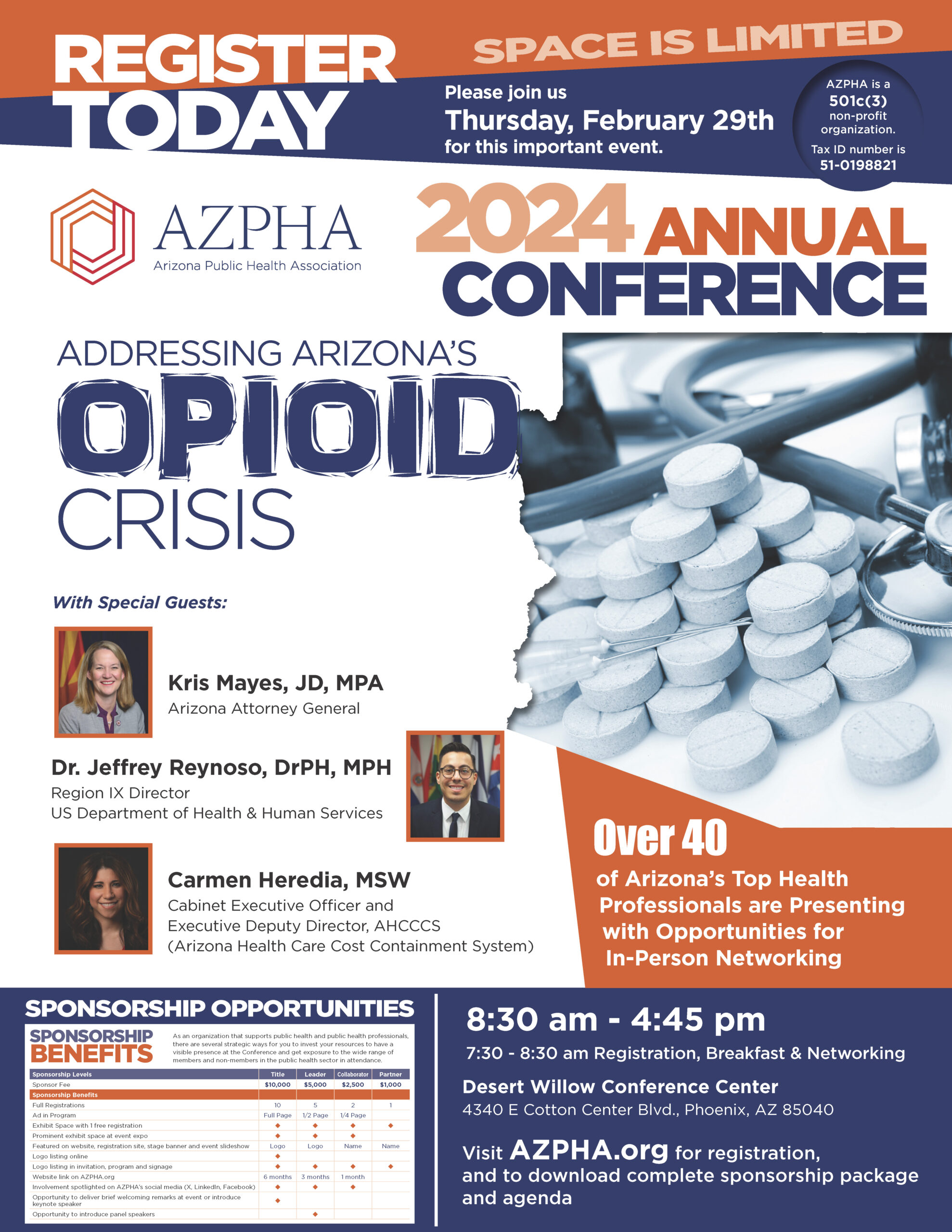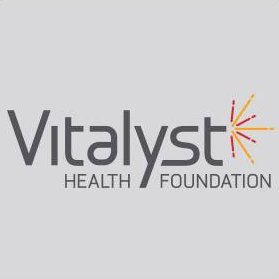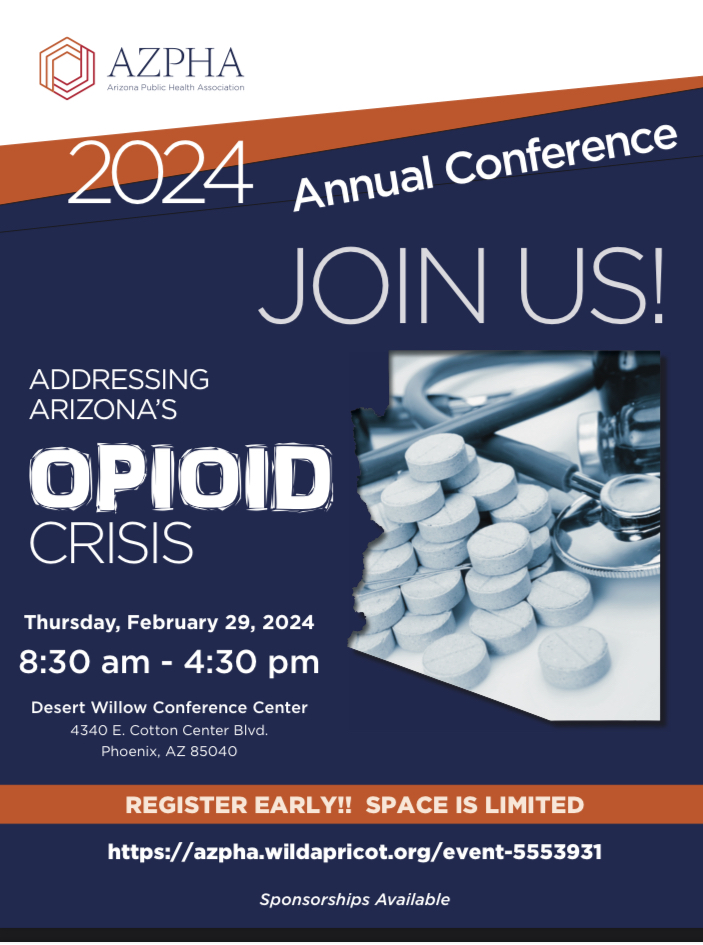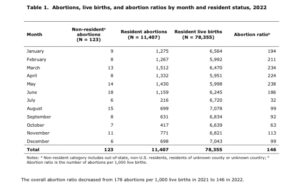New bills proposed for psychiatric care of seriously mentally ill | 12news.com
Adults who rely on Arizona’s Medicaid program may get expanded coverage | KJZZ
Affordable Care Act enrollment hit record highs in Arizona, U.S. in 2023 (azpbs.org)
Emergency rooms in Arizona hospitals are extremely busy. Here’s why (azcentral.com)
Why is ban sought for menthol cigarettes? What Arizonans need to know (azcentral.com)
Arizona sober living scandal may have cost taxpayers $2 billion-plus (azcentral.com)









